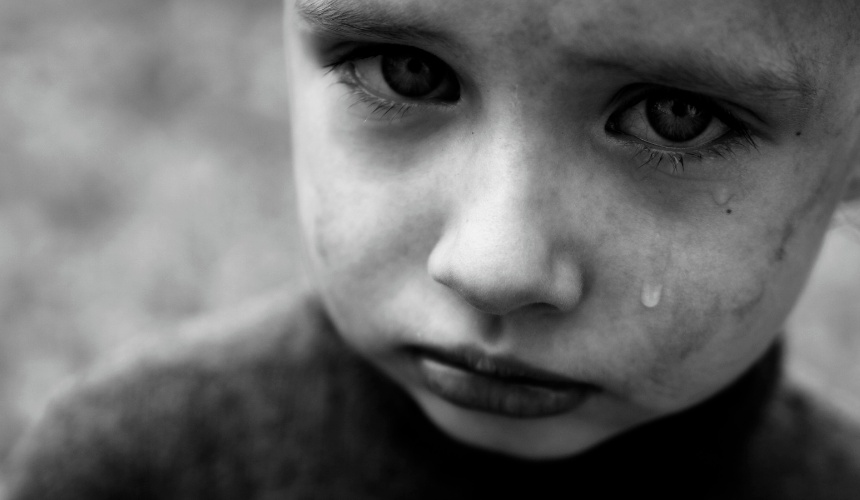Sometimes, an unexpected incident changes the course of one’s life, which is exactly what unexpectedly happened with lawyer Fatm Amara when her world was turned upside down.
On a cold winter night in 2015, Amara received a message from the United Nations High Commissioner for Refugees (UNHCR) informing her of a man slaughtering his wife, a mother-of-three, in front of her children.
Amara, who started her legal aid career 23 years ago, tells the story of Sanaa (alias) who lived in Sahaab, an area north of the capital Amman. The couple had regular disputes that kept escalating with the husband’s increasing doubts about his wife’s fidelity, leading to an ugly image printed in the minds of their children.
Between the loss of their mother’s love and care and the bloody scene of her death, the children, all aged below 7 years old, are headed into a path of suffering without a mother, home, or anyone to care for them. Here, Amara, who has been working with the Arab Renaissance for Democracy and Development (ARDD) for 11 years, starts her journey with this case.
The story was revealing itself after the killing and the police’s arrival at the scene. The three children were moved to the Sahab police station due to the absence of a guardian where the father’s family lived in Lebanon, and the mother’s in Syria.
The children had nobody until the Jordanian house owner their parents rented declared his willingness to care for them and initiated working on the necessary paperwork.
However, issues arose as the children did not possess any official documents or birth certificates. Additionally, the man offering to take them in was not related to them.
With great care, Amara worked relentlessly to issue birth certificates for the children and prove the man’s capability to care for them and provide them with food, education, and healthcare.
Eventually and after Amara’s tremendous efforts, the children lived with the man under the supervision of UNHCR. This story is a successful example of ensuring children’s best interest and a demonstration of the importance of a healthy environment for mothers and children.
Article 230 states: “If the minor does not have a guardian chosen by the father or the grandfather of a father or a guardian chosen by the grandfather of a father, the judge appoints him a trustee to manage his affairs taking into account the interest of the minor.”
Article 231 stipulates the following regarding a guardian: “Perfection of eligibility, the ability to carry out the minor’s affairs, have not been convicted of a crime that violates morals or affects honor or integrity, must not have been declared bankrupt or declared insolvent, must not have previously been stripped guardianship of another minor, and that there is no judicial dispute between him and the minor.”
This was not the only incident deeply impacting Amara, but it was one of the closest to her heart as the children moved her strongly. Humanity is the basis of legal work rather than financial and personal gains.
Amara concluded her story by saying: “Lawyers are human too and could face legal problems like everyone else. They need to realize that humanitarian and development work takes organizing, patience, and hard work. A good lawyer listens a lot and speaks a little.”


